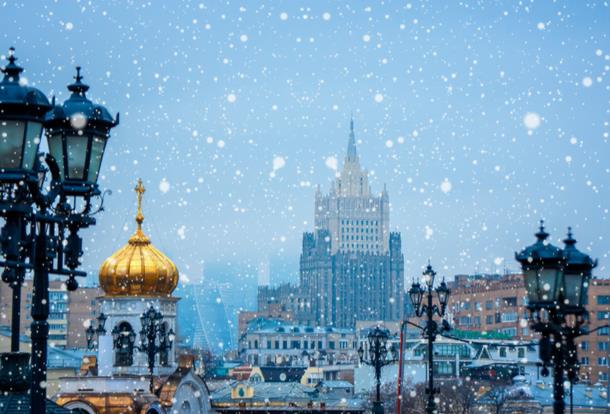Gone are the days of sky-high hotel rates that reached higher than most other European capitals. To keep occupancy rates up, Moscow hotels are learning that they´ll have to start bargaining. And bargain they have.
Occupancy rates at midrange and high-end hotels averaged 50 percent in March, down from 65 percent to 66 percent over the same period last year, while occupancy rates averaged 60 percent for the first quarter as a whole, said Igor Roganovich, associate director of strategic consulting at Knight Frank.
Though the data are getting progressively better over the high season -- late May to early June -- hotels have gotten creative in their efforts to entice businessmen and tourists to travel, said Marina Usenko, executive vice president at Jones Lang LaSalle Hotels.
"Hotels until recently were very arrogant about setting their prices very high and expecting the customer to pay retail prices," Usenko said. "Now, corporations are renegotiating their contracts and saying, ´We want lower rates and more perks and services.´"
While Moscow´s five-star hotels could afford to charge as much as $850 per night just a year ago, now prestigious locations are asking for $525 on average.
"In general, the hotels kept their rates in rubles at the same price as last year, which means an actual discount of 20 to 30 percent because of the devaluation of the ruble," Roganovich said.
While Moscow´s heavily business-oriented traveler base lacks the leisure guests that continue to drive occupancy rates in London and Paris, the city´s perpetual shortage of hotel rooms has put it in a better position than some of its smaller Western neighbors.
There are 67 percent fewer hotels per capita in Moscow than in London and Berlin and 83 percent fewer than in Prague, according to Knight Frank, and overcrowded hotel sectors in places like Budapest and Berlin contributed to declining revenues in March.
In Russia, Moscow is faring better than St. Petersburg, which depends primarily on leisure travel, Usenko said, but hotels still must find ways to bring this year´s figures closer to last year´s.
"Hotel operators are focused on getting big groups, sports teams and tour groups to support occupancy rates and are offering big discounts on accommodation and conferences," said Veronika Kartashova of Cushman & Wakefield. "In some cases, the groups don´t even pay for the actual room fees."




